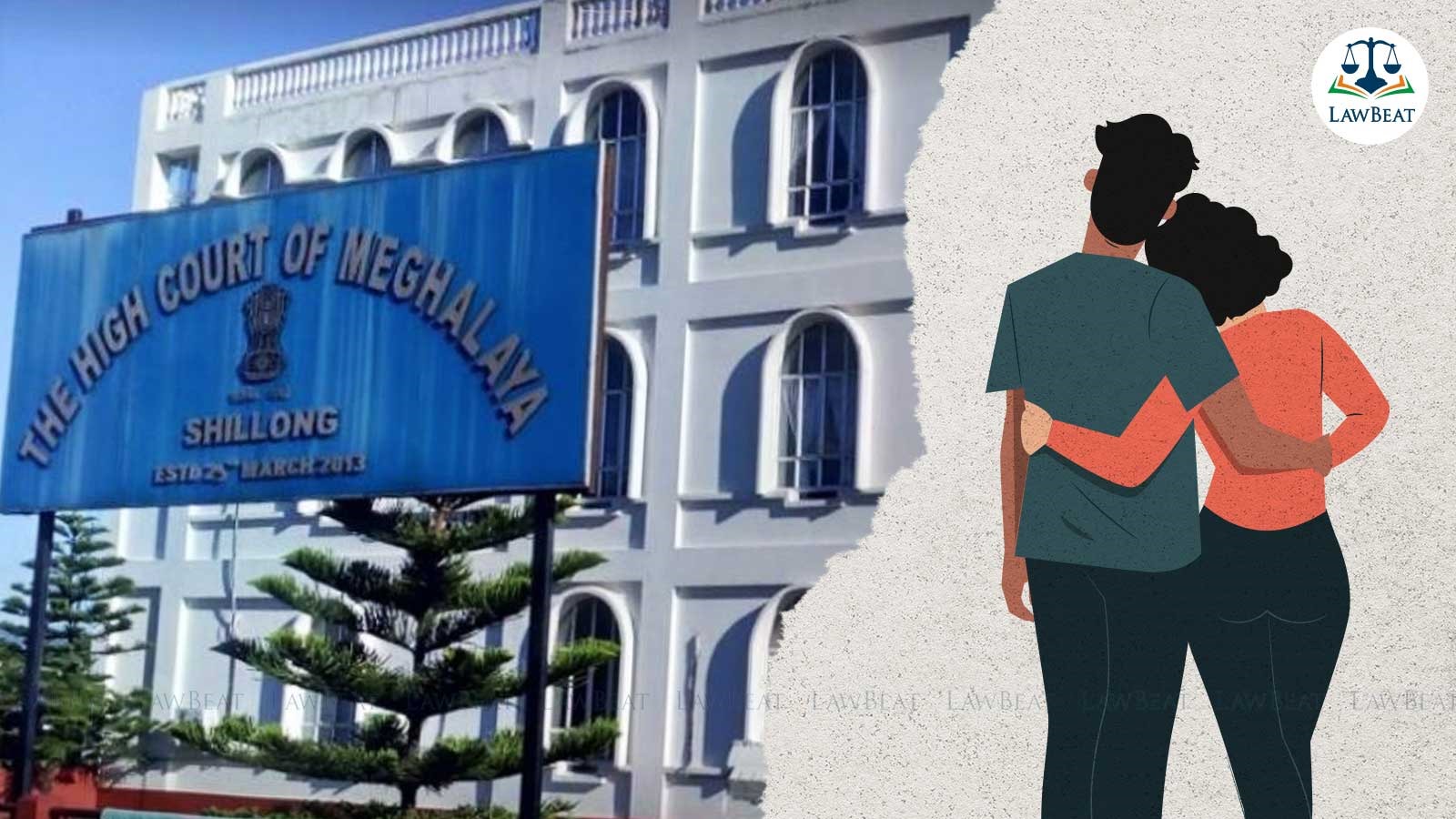Meghalaya HC Assumes Consensual Relationship Based on Survivor's Statement, Grants Bail To Rape Accused

The court noted “An adolescent boy who is sent to prison in a case of this nature will be persecuted throughout his life”
The High Court of Meghalaya at Shillong granted bail to a rape accused citing the survivor's statement that indicated a consensual relationship.
Justice W. Diengdoh, presiding over the case, observed that “The facts and circumstances of the case are peculiar in a sense that the survivor had been allegedly subjected to sexual assault by two persons on different occasions. However, as far as the case of the accused person in question is concerned, going by the statement of the survivor the relationship between the two can be assumed to be one of consensual.”
The case, registered by the mother of the survivor, involved charges under Sections 354, 354B, 361, 363, 376(1), 375(2)(j) of the Indian Penal Code (IPC), and Sections 3(a), 4, 7, 8 of the Prevention of Children from Sexual Offences (POCSO) Act, 2012.
According to the survivor's statement, she was sexually assaulted by another individual in December 2022. Subsequently, in March 2023, she entered into a consensual romantic relationship with the accused, which involved sexual intercourse. This relationship was revealed when the survivor experienced stomach pain and was found to be pregnant during a hospital visit.
The counsel representing the petitioner, Advocate L. Syiem, argued that the survivor's statements indicated a consensual relationship, thus questioning the applicability of the charges. It was further contended that “the accused person in question is also very young in age, his further incarceration would jeopardize his future.”
The court took into consideration the peculiar circumstances of the case, highlighting the survivor's allegations of sexual assault by two individuals on different occasions. The court referenced judgments from the Madras High Court and Calcutta High Court, which discussed the implications of consensual relationships among adolescents within the framework of the POCSO Act.
The court noted “a large array of cases filed under the POCSO Act seems to be those arising on the basis of complaints registered by the families of adolescents and teenagers who are involved in romantic relationships with each other. The scheme of the Act clearly shows that it did not intend to bring within its scope or ambit, cases of the nature where adolescents or teenagers involved in romantic relationships are concerned.”
The court further elucidated “An adolescent boy who is sent to prison in a case of this nature will be persecuted throughout his life. It is high time that the legislature takes into consideration cases of this nature involving adolescents involved in relationships and swiftly bring in necessary amendments under the Act,” underscoring that the legislature must keep up with evolving societal needs and implement necessary changes in the law, especially in stringent laws like the POCSO Act.
The court also noted that while the consent of a minor is not legally valid, the concept of “penetration” under the POCSO Act should be interpreted as a deliberate, unilateral act by the accused. In cases of consensual intercourse driven by mutual passion, penetration may not always be solely the responsibility of the male.
If the sexual act is consensual and participatory, the male should not be solely indicted due to anatomical differences. “The psyche of the parties and the maturity level of the victim are also relevant factors to be taken into consideration to decide whether the penetration was a unilateral and positive act on the part of the male,” the court said while emphasising that even if penetration occurred, it may not meet the criteria for an offence under Section 3 of the POCSO Act, considering the mutual nature of the relationship and the victim’s maturity.
The High Court granted bail to the accused stating that “the prayer for bail is concerned the same is found acceptable by this Court.”
The following conditions were imposed :
1. The accused shall not intimidate or contact the witnesses, particularly the survivor.
2. The accused shall remain within the jurisdiction of Meghalaya unless permitted otherwise by the trial court.
3. The accused shall post a bail bond of ₹30,000 with one surety of the same amount.
4. The accused shall appear before the court as required.
Conclusively, the court emphasised that its observations were solely for the purpose of the bail application and would not influence the trial court’s final decision. The petition was disposed of with no additional costs.
Cause Title: Smti. Wanphai Masharing v State of Meghalaya [BA No. 21 of 2024]
